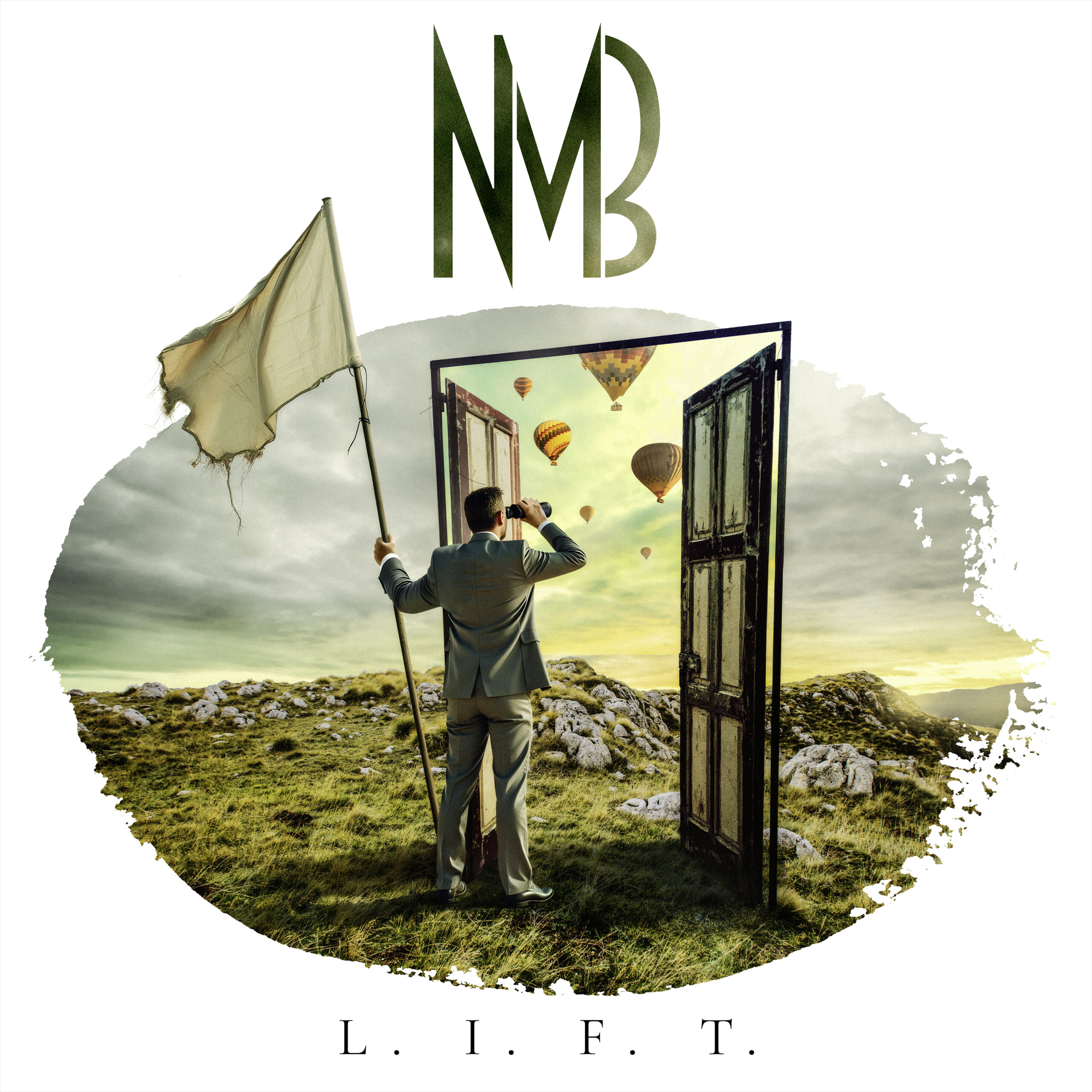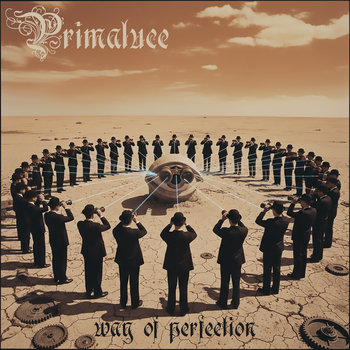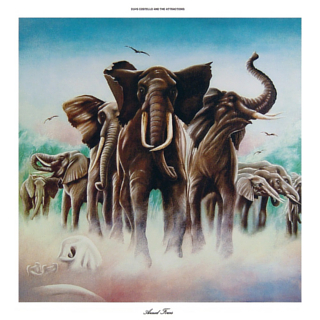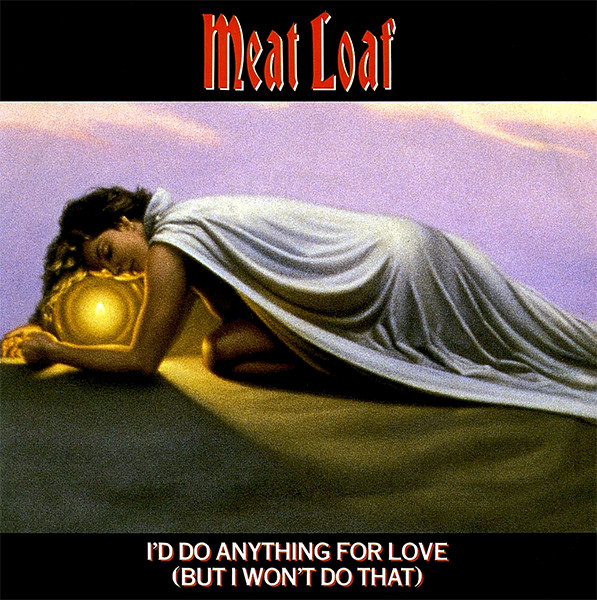Not merely because Valentine's Day just passed by recently, I had been thinking about the very concept of love. It's one of those words I use, but I'm not sure how much I actually know about the subject. I listen to other people talk about it, and experience it, and it always makes me wonder if there need to be more words to explain the spectrum of feelings that exist for normal people... and for people like me.
There was a time I loved Neal Morse's music. When I first discovered his brand of prog, I went down the rabbit-hole, and his interpretation became what I expected prog to be. Whether it was the whirlwind of epics like "Seeds Of Gold", or using Transatlantic's talent pool to make the most of "We All Need Some Light", Neal was establishing himself as one of my favorite songwriters. I say was, because while I still love that period of music up to either "Momentum" or "Kaleidoscope", the last decade has found me feeling cold toward everything he has attempted.
Of those attempts, it is NMB I am warmest too, if perhaps because it felt more like a continuation of what I loved. But as each album came, I couldn't muster the energy to be excited anymore. The flaws and nit-picks were at the front of my mind, and the music wasn't distracting me enough to push them down. Perhaps a few years away from this particular combination of players will make a difference, although seeing the way Mike Portnoy's return to Dream Theater played out for me, I wasn't getting my hopes up.
This record is conceptual in the way "The Whirlwind" was, leaving behind the need for a half-hour epic to justify things. These thirteen songs are stitched together as more of a singular piece, although I've never actually liked that way of thinking about these albums, especially when the writers (and this goes beyond just Neal) later admit at least one of the tracks wasn't actually written to fit the concept. Between that, and the need to still include filler instrumental 'interludes' that don't further the story, I sometimes think concept albums are more the concept of making an album than truly conceptual.
The band has been vague enough about the theme/concept that they claim the title means something different to each one of them, which reminds me (in a bad way) of the ridiculous decision Neal and Mike made to put together two different versions of the last Transatlantic album. There's something about hearing an artist not know what their own work means, or what form it takes, that raises serious questions. Perhaps that is on me, or maybe we shouldn't be told that a band only spent a couple of days together writing the whole of an album.
I mentioned those nit-picks before, and they are hard for me to ignore as I listen to this album. The one that bothers me the most is the one Neal is perhaps the biggest offender of among the music I listen to; masking vocals with unnecessary layers of studio crap. Nearly every single vocal line on the record has effects turned up too much, distorting the natural sound of their voices to the point I hear the artificiality more than anything else. And when the album is about the trials and pains of life, taking the humanity out of the vocals is a cardinal sin. No matter which of thm are singing, the vocals are a distraction. In fact, I hate to say this, but I've heard plenty of AI music where the vocals sound more authentic and emotional than what these guys are able to deliver with this intentional distortion. Sorry, not sorry.
Even though the production on the record sounds smaller and flatter than usual, the songs try their damnedest to win me back. There are plenty of moments that are full of the usual Neal-isms, and that comfortable feeling is what works so well. Neal has always had a penchant for big sing-along melodies, and this album has more of that than the last few. This isn't exactly a 'return to form', but it's the closest NMB album yet to feeling like one of Neal's solo albums from the 'glory days'. The more I listen, the more these songs started to dig in. Ok, I still find "Hurt People" tries too hard, but the rest of the material is the kind of prog only Neal Morse can make.
The song that resonates with me most is "Shame About My Shame", which deals with what in philosophy we refer to as 'second-order' thinking. It's one I have found myself with many times, and sometimes it's a bit hard to explain that we can feel just as hurt by our own reaction to something as we are by the thing itself. To use a slightly different word; I have had many regrets, some of which I regret the fact that I regret, and a few I regret regretting my regrets about. In other words, when we have a society that tells us to keep quiet and not share when we are feeling sadness, it stops being a normal chapter of life and becomes something we believe we should be above. That's absurd, but it's the way we have convinced ourselves to talk about what is going on inside us.
Ok, that's enough of a tangent. Back to the music, "Shame About My Shame" is a great song because it's a simple melody with a complex message, and it provides the backdrop for the most emotional guitar solo on the album. It isn't as grandiose as "The Breath Of Angels" was as the centerpiece of "The Similitude Of A Dream", but it fits the same mold. Right now, that's my favorite variation of Neal's music, along with the uplifting power of "Carry You Again". Those work far better for me than the attempts to write songs that are heavier, or more technical, or that bounce between sounds like sketch comedy.
Overall, the album leaves me with a much warmer feeling than "Innocence & Danger" did, and is the closest thing to the Neal Morse albums I love than anything he's done in at least ten years. While NMB have always been good at what they do, their penchant for bloating the running times and not self-editing has made it difficult to enjoy sitting through the albums as full entities. This album is still seventy minutes, but it feels tighter and more self-contained. The biggest problem I have is not musical at all, but comes in the psychology of the ending, where Neal and the band sing of giving themselves to God, and realizing they were "loved all along", because there was "a purpose for my pain". After talking about the anguish and emotional toll of life, we're told we should now worship the very entity that caused us to go through that pain. I'm sorry, but I cannot understand the mindset that gives all the credit for the good things, but none of the blame for the bad things.
To have the album end on that note actually pisses me off, because it reaffirms a belief that there is 'a plan' that involves us suffering. If that's true, it is as cruel as anything the imagination can conjure, and it utterly belies the resolution the album is supposed to be leading us toward. It's also a strand of thought people of faith rarely seem to contemplate, which is just another reason why it should be illegal to proselytize.
That's not a joke.
But still, this is Neal's best album in a decade, and once that frustrations settles down, this could easily wind up being one of my favorite albums of the year.







